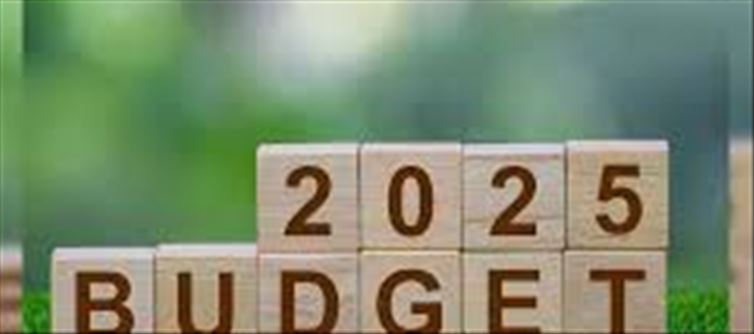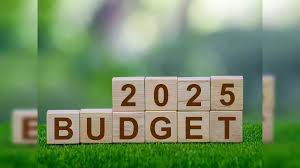

Budget 2025: Understand these terms well before february 1!
Only a few days are left for the budget of the financial year 2025-26. Finance minister Nirmala Sitharaman will present the budget on february 1, which is awaited by every common man of the country as well as big sectors. However, there are many things in the budget which are beyond understanding. In such a situation, while listening to the budget speech, there is a lot of difficulty in understanding some things. To ensure that you do not have to face these problems on february 1, we are going to give information about some such terms or words through this news.
Rebate - Tax has to be paid on the amount that remains after discounts and deductions. After calculating how much tax you have to pay, rebate gives relief in the amount to be paid as tax.
Old Tax Regime - There are four income tax slabs in it. In the old tax system, 30% tax will be levied on income of more than Rs 10 lakh.
New Tax Regime- There are 7 income tax slabs in the new tax system. In this, the basic exemption limit has been increased to Rs 3 lakh, while 5% tax will be levied on income of Rs 3 to 7 lakh.
Inflation- It means the general increase in the prices of goods and services in the country in a certain time period.
Direct Tax- This is the tax which is paid by the person or the company directly to the government in the form of income tax or corporate tax.
capital Expenditure (Capex)- Capex or capital expenditure is done by companies to increase their business, efficiency, productivity.
Cess- It is a tax imposed on top of any tax.
Disinvestment- It means the sale of shares in public sector corporations by the government.
Tax collected at source (TCS)- tcs is applicable on goods and services. The seller collects it from the buyer on behalf of the government.
Tax deduction- In this, tax is deducted from the income and the remaining amount is given to the person, that is, deduction on salary or interest on investment comes under this category.




 click and follow Indiaherald WhatsApp channel
click and follow Indiaherald WhatsApp channel